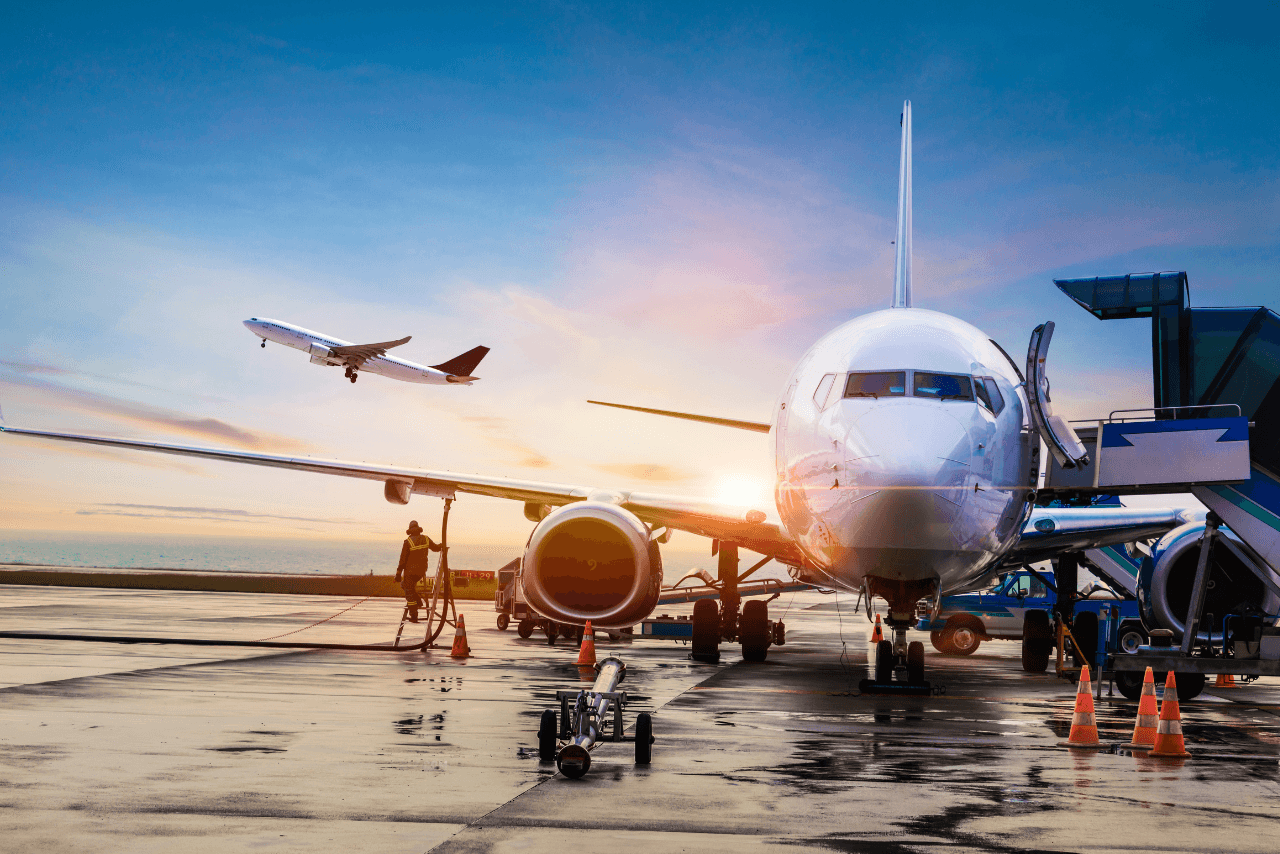
Cancelled flights, chaos at airports – the aviation industry is facing tough challenges due to staff shortage
today2022.07.22. 5627 15 5


Farai Mugabe, Content & Research, The HR Congress
WHY SHOULD YOU CARE?
Service level has drastically depleted because airline companies are failing to cope with the rise in demand for flights. People across the world are facing challenges of flight delays and missing baggage. Airline companies are battling to return to pre-pandemic profitability. To survive, they need a commitment to their people and an inclusive work culture.
The COVID-19 crisis came, and now it is almost over. Airline companies that were focused on the short-term cut jobs during the height of COVID-19 as they tried to contain losses. Currently the airline industry is fighting to get towards the pre-pandemic level of profitability, but it faces a huge challenge: bringing back people to work. Lufthansa and Southwest Airlines are among many airlines that have been forced to cut thousands of flights due to staff shortages.1
Airline companies are struggling with staffing issues due to a huge shortage of pilots and other key staff. Adding to the problem, airports are struggling with a shortage of ground-supporting staff.
Aviation companies were among the worst hit by the global covid-halt. Airline companies saw their revenues shrinking, resulting in a cut in jobs and salaries as the whole aviation industry was grounded due to restrictions on global travel.2
Nowadays, while airports are full again with eager travellers, the global airline industry is battling for survival after COVID-19 closed it for almost three years. Even though there is struggle, IATA predicts an optimistic future with sluggish growth in the industry. COVID-19 is still here, and other factors, such as climate change, a war in Europe, the Great Resignation, rising oil prices and inflation continue to dampen chances of survival. The Ukrainian airspace is currently closed as a result of war, reducing air movements by about 3.3% of the European air traffic. Several European Union countries, the United Kingdom, and the United States of America have closed their airspaces to Russian airlines. This is posing a challenge to already struggling airline companies.3
Experts from McKinsey and Company have said, “There is no sugar-coating to the diagnosis: airlines are the biggest destroyer among all aviation subsectors. McKinsey’s analysis of the aviation value chain in 2020—our latest—paints a grim picture.” McKinsey and Company analyzed the whole airline industry’s impact in an article entitled, “Taking stock of the pandemic’s impact on global aviation.” This article indicates that all subsectors in the airline industry, except for freight forwarders and cargo airlines, suffered huge losses due to restricted global travel. Airlines suffered a loss of $16.7 billion, while freight forwarders recorded growth as seen by a profit of $3.5 billion. Airports, catering services, and ground services suffered losses of $31.6 billion, $2.4 billion, and $3.2 billion, respectively. According to McKinsey and Company estimates, the cumulative loss for the whole industry was $230.1 billion.4
Southwest Airlines CEO Bob Jordan is optimistic they will be able to get the right staff members to finish the year in a strong financial position. Dallas News quoted Jordan saying, “Of course, if we need to trim more capacity we can. But I’m cautiously optimistic that we can get a good balance of headcount and operate schedules for the remainder of the year.”1
In related news, employees at British Airways threatened to strike over renumeration issues. British Airways cut salaries by 20% and about 13,000 jobs.5 Delta Air Lines pilots are also said to have published an open letter to customers apologizing for potential flight delays ahead of the summer travel season.6 Airlines is facing staff shortages and strikes. The company is reportedly planning to cut 3,000 flights this summer.7
Service level has drastically depleted because airline companies in Europe and America are failing to cope with the rise in demand for flights. People across the world are facing challenges of flight delays, missing baggage, and failure to provide food. Recently TUI warned passengers that they may need to bring their food because their catering supplier is facing staffing challenges.8 CBC News also reported chaos at Canadian airports because companies cannot handle the rise in traffic.9
Airline companies are battling to return to pre-pandemic profitability.5 To survive, they need a commitment to their people and an inclusive work culture.
It is easy to understand that in the wake of the COVID-19 pandemic, it was impossible to predict when the world would bounce back to normal. However, it is hard to argue against the fact that the entire aviation industry is suffering a slower than expected recovery due to current staff shortages. The world is open for business again—but we need people on the ground and in the air to enable eager travellers to reach their destinations, preferably together with their luggage.
…

1Southwest Airlines cuts 20,000 summer fights, boosts hiring to brace for travellers, by Kyle Arnold, Dallas News
2A severe pilot shortage in the U.S. leaves airlines scrambling for solutions, by Leslie Josephs, CNBC
3Global outlook for air transport times of turbulence, by IATA
4Taking stock of the pandemic’s impact on global aviation, by Jaap Bouwer, Vik Krishnan, Steve Saxon, and Caroline Tufft, McKinsey and Company
5British Airways employees vote to strike over wages as a wave of employee discontentment increases in the UK, by Farai Mugabe, HR Congress
6Delta Pilots pen an open letter to customers as the airline industry struggles to keep up with traveler demand, by Rob Wile, NBC news
7Lufthansa is the lates European airline to cancel thousands of flights at the last minute, by Jill Pole, Euronews.news
8Airport chaos continues: TUI asks passengers to bring their own food and drink on board, by Lorna Parkes, Euronews.travel
9Missing baggage adds to chaos Canadian Airports, by Sophia Harris, CBC
https://www.cbc.ca/news/business/missing-baggage-1.6503736
10RISE! How HR can Lead the Organization Through the current humanitarian crisis, by Mihaly Nagy, HR Congress
Written by: Mihaly Nagy
Culture Employee Engagement Future of Work HR Strategy
Previous post

- 5197
- 9
labelArticles today2022.07.20.
From employee engagement to thriving: Five ways to make your employees succeed
Farai Mugabe, Content & Research, The HR Congress WHY SHOULD YOU CARE?There is a new employee who emerged from the pandemic—an employee with a new set of expectations. For companies [...]
Similar posts

labelArticles today2024.07.24.
AI-Powered HR: Strategic Benefits and Practical Applications

labelArticles today2024.06.24.








Post comments (0)